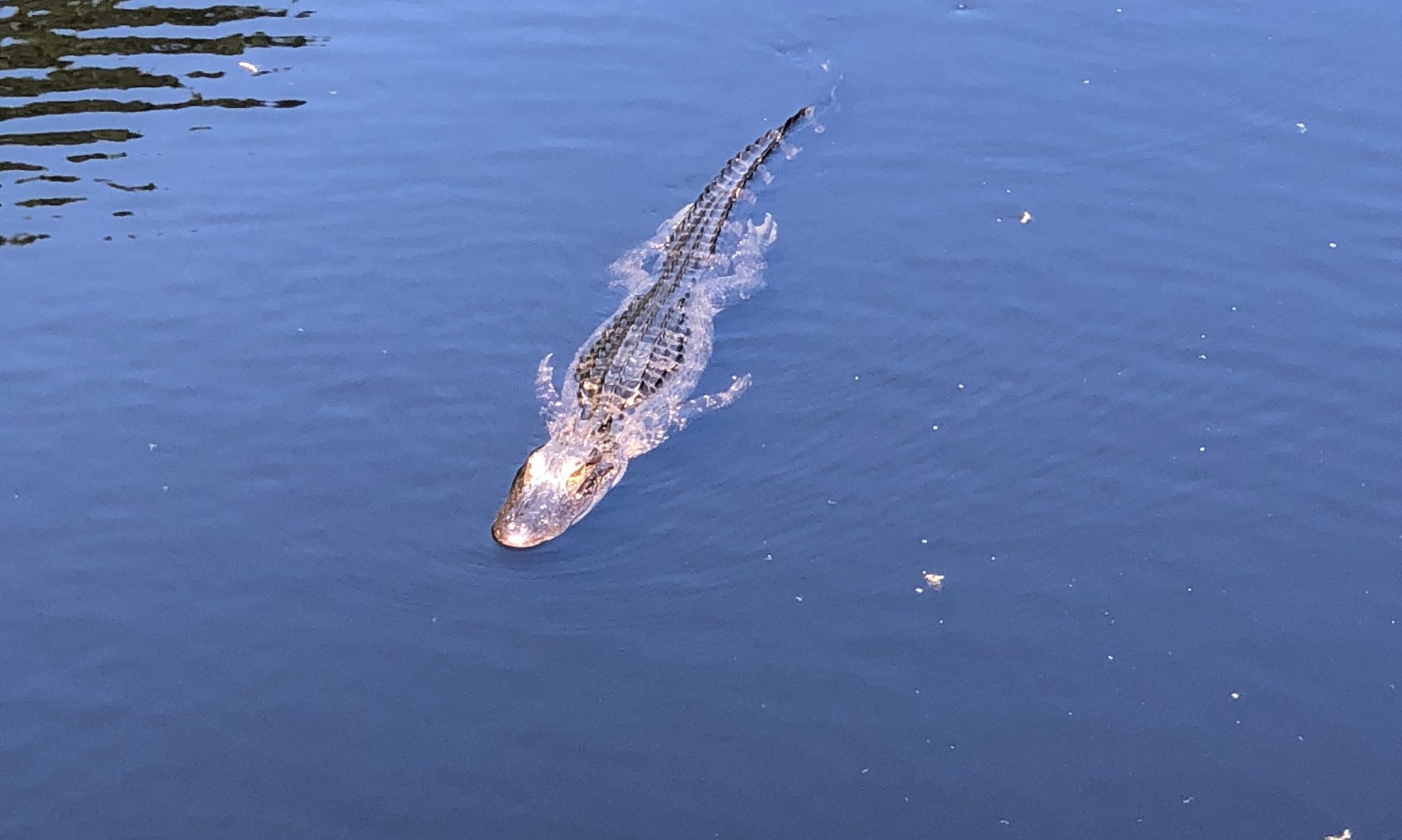
Members of the Woodward Society (graduates of the University of Florida Surgical Residency Program) convened in Gainesville, FL on February 15th for the Woodward Society Spring Meeting. This is our biennial CME meeting. I am the immediate past-president and currently function as the Secretary-Treasurer and as a result had the honor of choosing a lot of the speakers for this meeting. I tried to strive for diversity of training periods and for diversity of topics but due to some unforeseen scheduling changes that needed to be made we wound up with a cancer heavy theme for the day.
We started the day off with a standing room only Grand Rounds presentation by Dr. J. Patrick O’Leary about surgery performed on Grover Cleveland while at sea for a oral cancer. He gave an excellent talk about this and shared some history of the department of surgery as well and in particular some anecdotes regarding the namesake of the Woodward Society.
The chairman of surgery, Dr. Gib Upchurch then updated us on the state of the department. They continue to grow in clinical volume and you can tell from the update the department is heading in a good direction. I have now had the opportunity to speak with him several times including resident graduation last year and at the Clinical Congress in the fall. He has a vision for the department and as a history major has a profound respect for the history of the department of surgery.
We then had updates from three members of the UF faculty on their research. Dr. Jose Trevino gave an update on his pancreatic cancer research, Dr. Ali Zarrinpar gave an update on Liver disease and transplantation, and Dr. Ryan Thomas gave an update on the role of the microbiome in pancreatic cancer.
We then had our Dr. Steve Vogel Lecture Keynote Address on “The Modern Multidisciplinary Management of Colorectal Hepatic Metastases” delivered by Dr. N. Joseph Espat who is the Chief of Surgical Oncology at the Roger Williams Cancer Center. It was a thoughtful look at the progression of surgery for hepatic metastases through the years.
Following lunch we had a talk by Dr. Makesha Miggins about the role of Contralateral Prophylactic Mastectomies in patients who are at average risk. It was a thought provoking talk about risk stratification and patient preferences. We then had one of my long time friends, Dr. Nikki Kissane Lee give a talk on Surgical Simulation. She has helped to develop two separate simulation centers, most recently at Indiana University and provided a roadmap on how to be successful. Our last structured afternoon talk was from Dr. Karen Rieger about the role of Lung Cancer Screening.
One of the highlights was a fascinating discussion led by two of my heroes. Dr. Mike Chen got sick two years ago and had to be admitted to the hospital. He and his wife, Dr. Elizabeth Beierle spoke about the care they received and how we can provide more patient centered care. This is an especially important topic for me as I went into medicine following an illness when I was in college. They focused on how often we do things for the convenience of the physician rather than the comfort of the patient. They provided the examples of overnight vital signs, morning labs, and morning chest radiographs happening so early in the day.
Overall, it was a well attended meeting with some great cancer updates in a program with a strong history of cancer care. It was also great to talk about the role of systems based practice and how this impacts patients.
Following this we had the opportunity to honor Dr. Tim Flynn who is a great in the history of the UF College of Medicine and the Department of Surgery. He retired from the University of Florida recently having been a vascular surgeon, and senior associate dean for clinical affairs. Nationally he has served leadership roles in the American College of Surgeons, the Accreditation Council for Graduate Medical Education, and the Association of Program Directors in Surgery. He had his portrait unveiled for his role as program director and it was nice to have a chance to honor his work locally and nationally.

